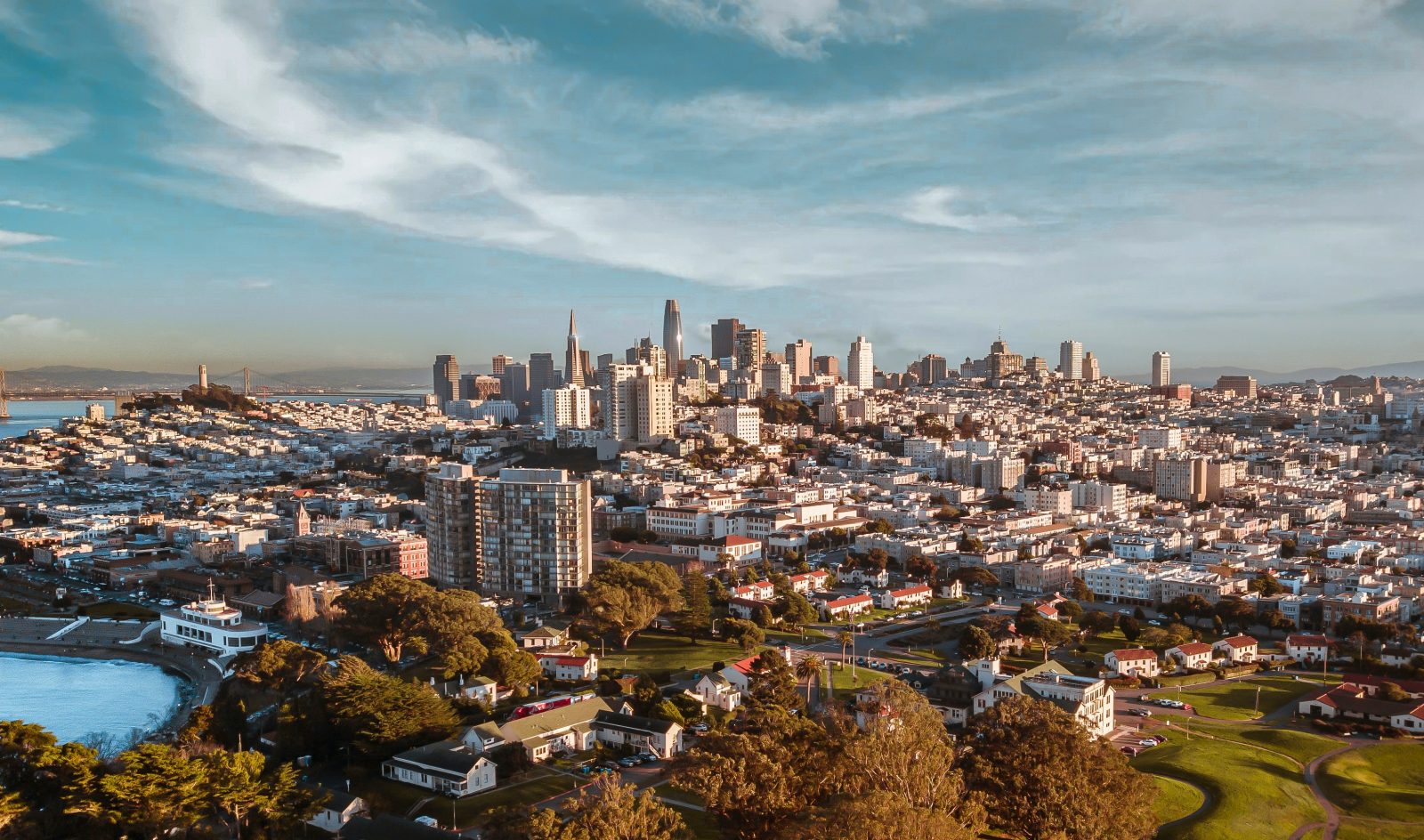
San Francisco has pivoted from its habitual leftist civil liberties positioning to approve increased police powers for fighting crime, including uses of drone and formerly banned facial recognition tech.
Voters in San Francisco passed Tuesday’s ballot measure Proposition E by nearly 60%, thus granting police greater leeway to deploy tech in pursuing criminals or responding to suspected acts of crime. Among other things, it will allow law enforcement officials to deploy drones and use facial recognition in their work with considerably lowered levels of approval or oversight than previously required.
The result of the so-called Safer San Francisco initiative marked a major reversal from residents’ earlier efforts to block police use of tech considered potential threats to privacy. In 2019, the city formally banned deployment of facial recognition by cops, whose operation of drones had also been severely pinned back through limits and approval requisites.
The passage of Proposition E permitting San Francisco police to use facial recognition and other artificial intelligence applications will also untie the hands of law enforcement officials in other ways. Under the measure, footage collected by drones and body cameras can serves as the basis for duty reports, eliminating hours of text creation of routine files that almost nobody ever sees and affording cops more time out in the streets
The vote arose from the convergence of two aspects of recent San Francisco reality. The first is its proximity to – and resulting affluence of its residents from – Silicon Valley, making the reflexive civil liberties and privacy stand against tech harder to square over time.
The other is the widespread fear created by media reports and countless social network posts – but refuted by actual police statistics – that San Francisco’s crime rate has spiked in recent years to overtake those of other major cities.
Both those elements were stressed before and after the vote by San Francisco Mayor London Breed, who championed the measure by saying greater police use of drones and other tech would make residents feel safer amid the city’s moderate, yet very real criminal activity.
“By supporting the work of our police officers, expanding our use of technology, and getting officers out from behind their desks and onto our streets, we will continue in our mission to make San Francisco a safer city,” Breed said following the vote. “Thank you to the voters for passing Prop F to bring more treatment and accountability to San Francisco. This is how we get more people the help they need and change what’s happening in our City.”
Image: Ameer Basheer/Unsplash
FTC: We use income earning auto affiliate links. More.



Comments